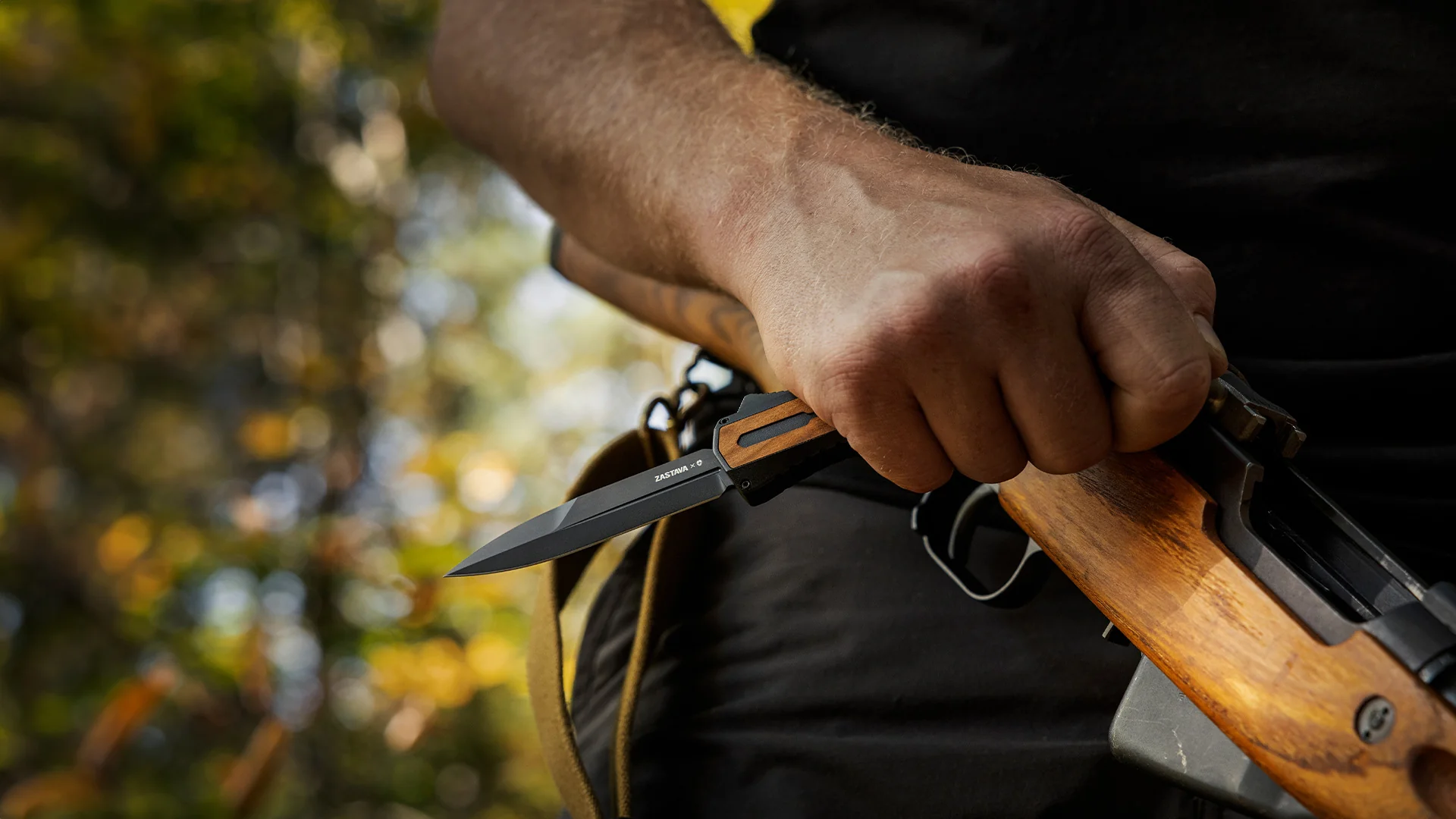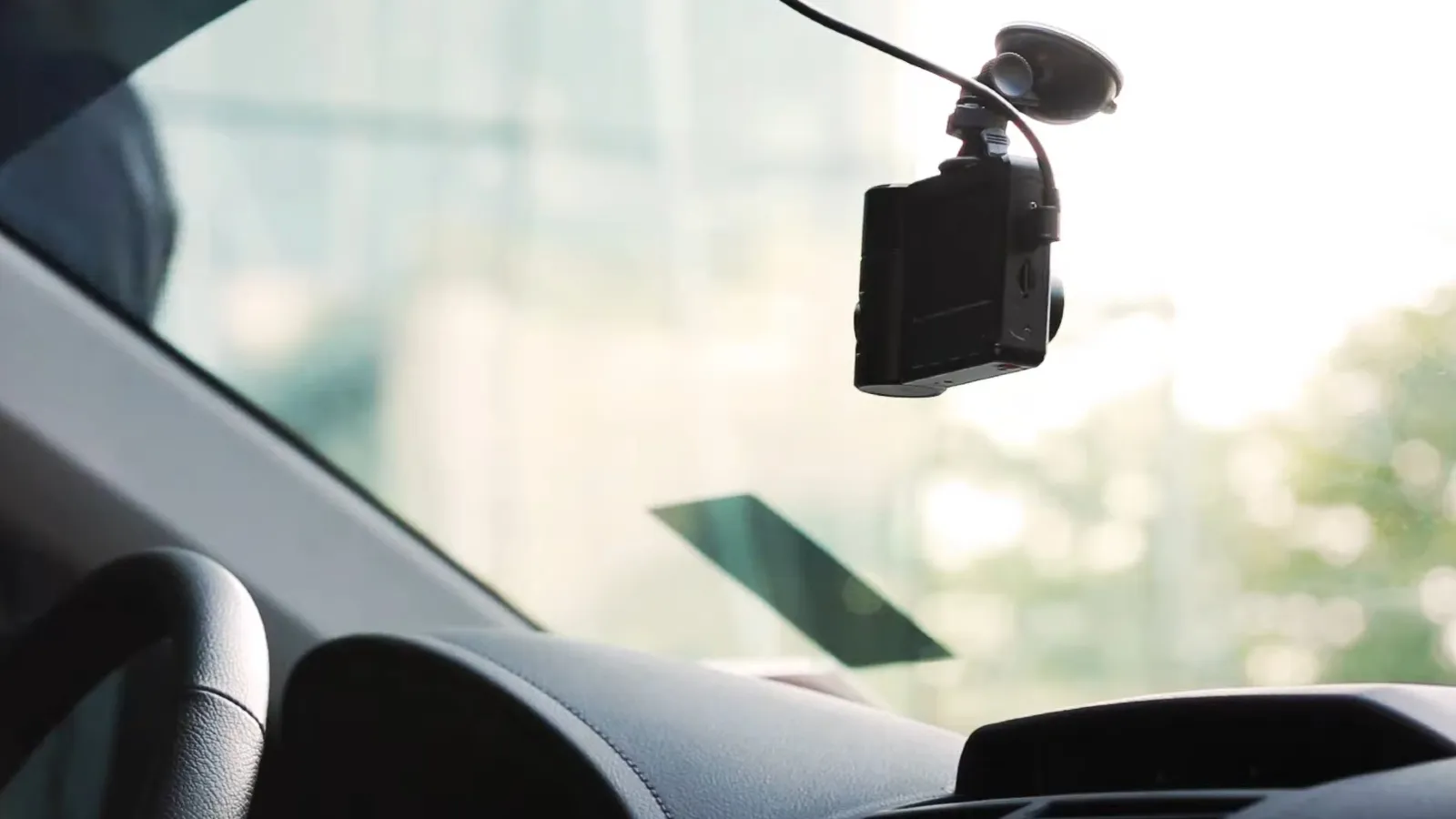Knife Laws in Massachusetts: What You Need to Know About Your Rights? Because Massachusetts has so many rules and restrictions, it is sometimes hard to figure out the laws about owning and using knives.
This guide will explain what kinds of knives people can legally own, carry, and use in Massachusetts. It will also give you advice on how to follow state and local rules.
1. Types of Knives and Their Legality
In Massachusetts, knife rules more or less state that most kinds of knives are illegal or off-limits in public places. Here are some of the most critical types of knives and the specific laws they fall under:
Pocket Knives and Folding Knives: Most of the time, it is legal to own and carry folding knives and traditional pocket knives with blades that do not automatically release. But some towns may have more rules about how long the blades can be.
Automatic Switchblade Knives: While one is permitted to own a switchblade-an automatic knife that will spring open with the mere touch of a button or a flick of the wrist-on in private, one can’t carry it in public. Criminal charges can result from its use.
Butterfly Knives: Butterfly knives are highly restricted in Massachusetts, just like switchblades. Since they are in the same category with switchblades, you can not carry them in public.
Fixed-Blade Knives: You can own and carry knives with a fixed blade used for hunting and other fixed-blade knives, although in some places, particularly cities, there may be length limits or other rules regarding them.
2. Carrying Knives in Public Places
People in Massachusetts are allowed to carry some knives for certain useful reasons such as preparing food, fishing, or camping. However, when carrying a knife in public, one needs to know the following things:
Carry Knives Out in Public or Covered: Massachusetts does not have clear rules about carrying knives out in public or covered.
But a knife must be handled in a way that does not scare people or look dangerous. This may mean being visible when it is acceptable, like on a campsite, but being careful in cities.
Generally, knives with blades longer than 1.5 inches are not allowed to be carried in public without a good reason. This is especially true in schools and government offices.
In places that are very secure, like Boston, you may have to abide by additional rules about the kind and length of knife you are allowed to carry.
3. Local Restrictions
In cities such as Boston, local regulations can place restrictions on items that are not addressed in state law. Know this:
Boston has the knife rule, which declares knives more than 2.5 inches in blade size not allowed in public without proper cause. Thus, before carrying a knife through any part of this city, one should learn all about the rules of such action.
Schools and Government Buildings: Carrying a knife on school premises is illegal in Massachusetts. This refers to elementary, middle, high schools, and college campuses.
It also states that you cannot bring knives with you into courthouses, government buildings, and certain public transit stops.
4. Self-Defense and “Dangerous Weapons”
Based on how they are used or how they are meant to be used, Massachusetts law defines knives as “dangerous weapons.” In other words:
If a knife is used for threatening or used in the defense of himself/herself without reason, that knife may have become dangerous and the holder might have committed a crime. By taking all these into considerations, policemen usually decide to which group the knife comes under.
For self-defense purposes: Knives cannot be used typically as a tool for self-defense in Massachusetts. You may still land in trouble with the authorities if you are caught using a knife for self-defense without provocation.
5. How to Remain Compliant with the Knife Laws of Massachusetts
Here are some quick guidelines to keep you on the right side of the law:
Know Your Knife: Know what kind of knife you are bringing and if there are any rules about it.
Check Local Laws: If you are going to a new place, especially a city with more rules, find out what the local laws are.
Use for Practical Purposes: You can take a knife for everyday tasks like opening packages, making food, or camping, but you should not do so as a defense.
Safe Transporting of Knives: In case you have to carry a restricted type of knife, keep it in a safe place in your home or car and do not touch it in public.
Knowing the knife rules in Massachusetts will help you keep your knife safe and legal and keep you out of trouble with the law. Always know what the rules are in your area, and carry legally.


 by
by 




